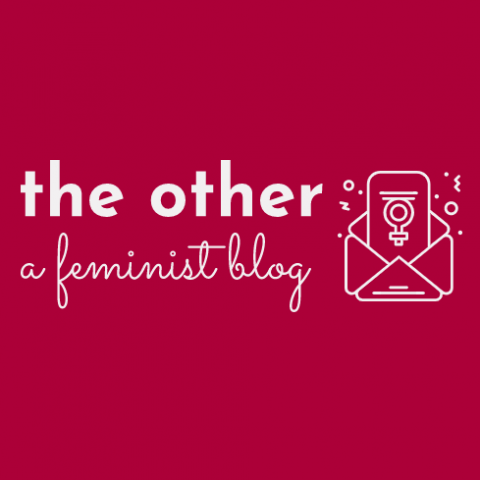Trigger warning: This blog will explore eating disorders that may be distressing to some readers.

This weeks blog will be exploring a side of feminism that is often overlooked; how the patriarchy can lead to mental health issues. Evidently, the rise of social media has been a catalyst for many people, particularly teenagers, developing eating problems or even eating disorders. However, people are quick to blame social media but not the misogynistic structure that is interwoven into our screen time.
Beat Eating Disorders UK have estimated that around 1.25 million people are currently suffering from an eating disorder. Others may suffer from eating problems or disordered eating which could further raise the estimate. Furthermore, the term “eating disorder” only truly includes the problems that are diagnosable; many people will suffer from eating problems but will never get any treatment or any diagnoses.

I think at one point in everyone’s life, we have all looked into the mirror and wanted change our body. It may be something as small as disliking the wrinkles on our forehead or it could be wishing your thighs were smaller. Usually, one will forget this wish or may even go out and buy the latest anti-wrinkle cream to help solve their worry. However, for many people this thought can grow, it can become something that is constantly nagging in the back of their mind. Go onto social media and it is filled with diet teas, diet ideas, “how to lose weight” articles and so many more potential triggers. That thought, the want to look different is what diet culture lives off of, what it uses to become so popular. Companies will promise you the perfect body, but you can not eat carbs, you can only drink water. But of course, our bodies are all different; we are all different shapes and sizes and that is okay. This also means that diets will affect us all differently; whilst a Keto diet may be beneficial for some, it may not work for others and when companies promise you results it is, again, a way of trapping you into diet culture.
Now, of course it is incredibly important to be healthy. It is important to exercise and eat well and dieting and workout programmes can definitely help with that. But, if you are planning on dieting or starting a more intense exercise routine it would be a good idea to talk to your GP about it or a specialist dietitian who can help make a healthy and fulfilling plan for you. It is important that whilst you are completing these plans and diets that you are happy and you are not fixating on the numbers on the scale.

One of the main problems with the promoted diet teas or vitamin gummies you find of Instagram is that they promote this idea that there is a perfect body type, that you must look a certain way. Currently, I have been receiving adverts on how to be “thicker” with a “tiny waist” and a “big bum”. But when I was 12 I was receiving adverts on how to get the glorified thigh gap, a jutted out collar bone and an angular jawline. As the ideal body type shifts so does the purpose of the diet. Originally the slimming teas would help slim down your stomach and thighs, now they focus on just your waist and tummy. This evidently, illustrates how diet culture follows the latest societal expectation that people must fit into. Thus, whilst people are quick to bash promoters of these diets, it is important that we do not neglect to note how the patriarchy has been the root of this problem. Of course, this affects both men and women; women are expected to have the tiniest waist and are expected to starve themselves to achieve it, whilst men are expected to be muscular and are expected to dedicate considerable time to ensuring they are the peak of masculinity.
Therefore, eating problems can be caused by a numerous number of differing catalysts and of course, in a digital age social media has played a large part in promoting these. But of course, social media is not the main causation; instead it acts as an amplifier for the misogynistic expectations that are still so heavily integrated into society.
Thank you very much for reading. If you feel distressed by any of the subjects discussed in this blog I have a helpline list with many dedicated to eating disorder advice.

